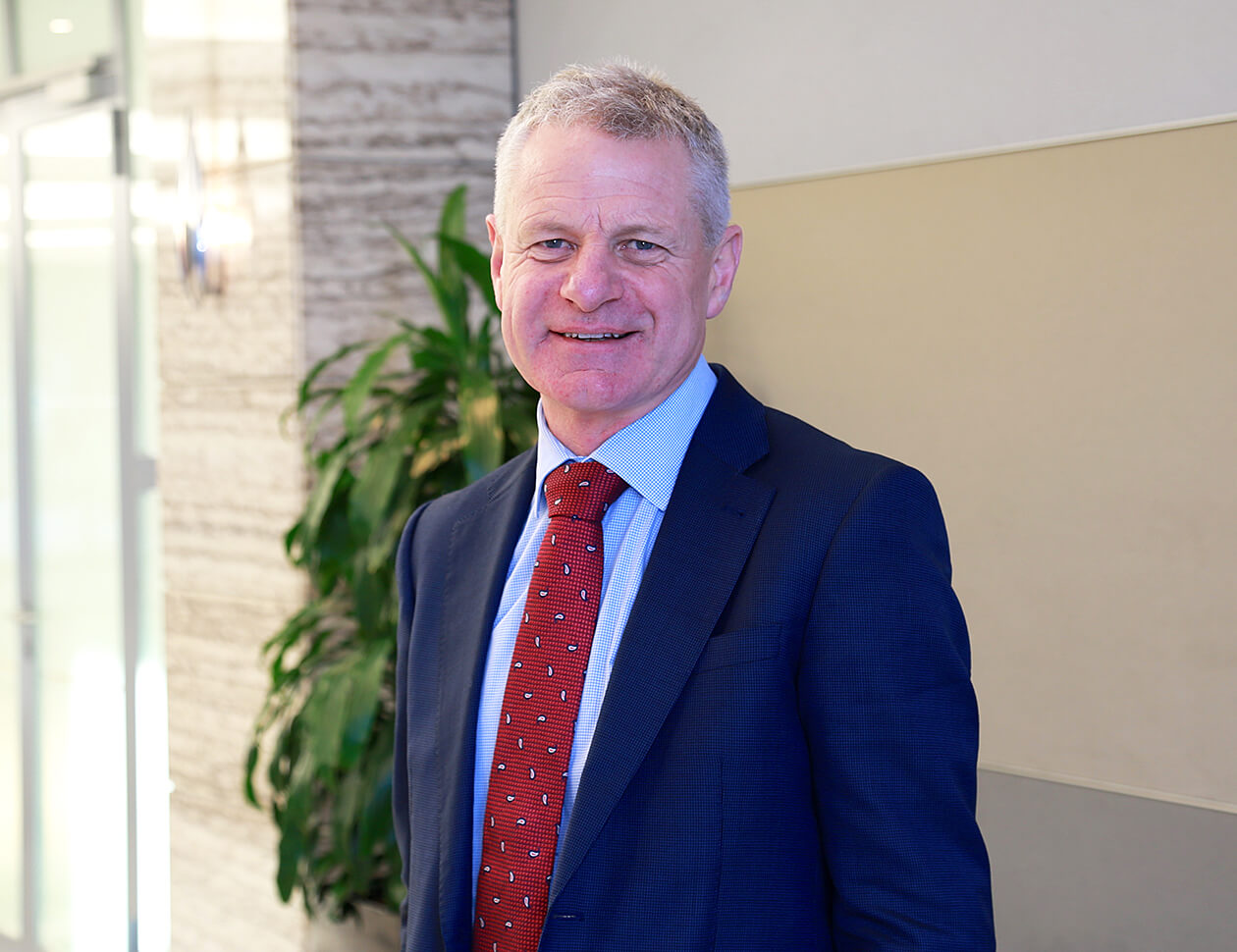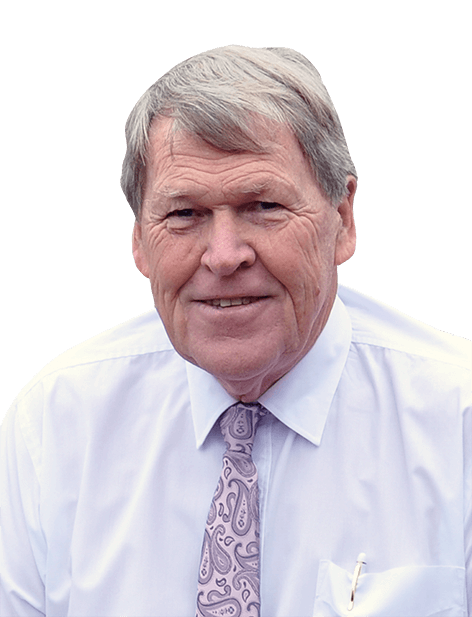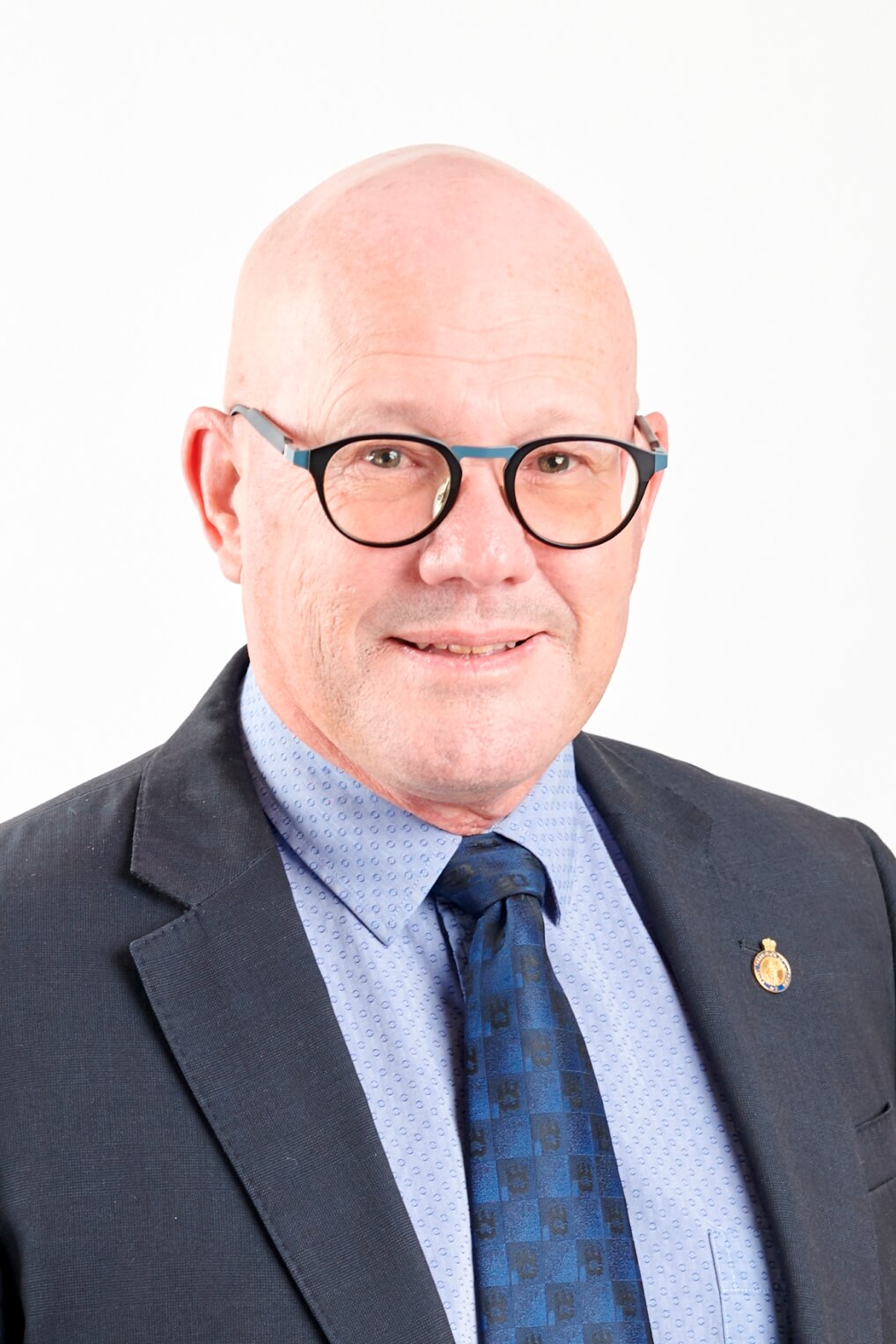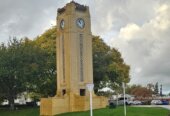Audit New Zealand has rapped Waipā District Council over the knuckles in its annual Management Report for approving expenses to the chief executive and mayor without the proper authority.
- Update Friday March 17: Some sentences in this article differ from the print version after feedback from Waipā District Council deputy chief executive Ken Morris.
The instances involved deputy chief executive Ken Morris who signed off on payments for former mayor Jim Mylchreest and chief executive Garry Dyet.
The sign offs should have come from different sources – two councillors in one case, the mayor in the other.
They came to light when Audit NZ reviewed the council’s expenditure as part of the council’s annual audit for the 2021-2022 financial year.
Audit NZ’s René van Zyl and Kayode Oloro appeared before the Audit and Risk committee this week.
The body acts as a watchdog for ratepayers – there were no questions over the integrity of the expenses signed off, only who actually signed them off.
The process is designed to safeguard councils – and ratepayers – and ensure money spent is approved appropriately.
There was a twist in the tail – because the office was also delivered a rebuke.
It issued an audit report in December.
However a separate Audit Arrangements Letter (and other associated engagement and fee documents) would not be ready until June due to staff shortages, they told the committee.
Independent chair Bruce Robertson said that was unacceptable.
“Your pressures are not our pressures,” he said. “You’re providing the service to us and I’m not prepared to wait until June to see that letter.”
As part of the audit, auditors checked elected members’ interests.
Morris said “one or two slipped through the cracks” and staff would not “just” rely on elected members’ declarations in future.
They would search the Charities and Companies registers and do a complete check as Audit NZ does. Under legislation it is elected members who are solely responsible for their conflict of interest declarations. At the meeting councillors Andrew Brown and Roger Gordon both admitted to filing incomplete declarations.
“Anything that staff do to assist the elected members in ensuring completeness is voluntary assistance on their part. Staff are helping elected members with a responsibility that is entirely their own and indeed staff will be going the extra mile to ensure elected members fully comply,” Morris told The News later in the week.
Details of the expenses’ payments to Mylchreest and Dyet were included in the Management Report where Audit NZ highlighted matters management should address to enhance control environment and reporting. The recommended enhancements were to a control environment already assessed by Audit NZ as “effective”. The management report raised only four new matters and cleared 17 of the 24 other previous recommendations.
Auditor Leon Pieterse said his office recommended one-up approval on all sensitive expenditure and the approver should be independent of the benefits.
The council said two of the instances picked up by Audit NZ involved expenditure from the Mayoral Discretionary Budget.
“Any expense incurred is considered by staff as being entirely at the mayor’s discretion. The budget is limited to a relatively small per annum amount and the senior staff member providing the final financial approval of the mayor’s discretionary wishes is cognisant of the need for the expense to be reasonable given that it is of ratepayer funds.”
The funds usually go to community groups, the council said.
“A requirement for further ‘approvals’ to be obtained from councillors in this instance would defeat the intent that the mayor has discretionary ability to meet identified ad hoc community needs.”
However, the council said it would implement an annual reporting process to the Audit and Risk committee which would enhance accountability and transparency.
The two instances involving Dyet were incidental travel costs already approved by the mayor and the purchase of council equipment.
Robertson got tetchy again later in the meeting, during discussion about the use of quick wins, to remind staff to fill out timesheets to allocate professional service charges to outside parties.
“There’s always the risk you can’t recover everything.”
Staff are regularly reminded to do the timesheets, he was told.
“This is a very key area in my mind.
“It’s a maximisation of revenue,” and not all of it should be from rates, said Robertson.
“It’s a cultural thing as well. There’s always the risk you can’t recover everything.”
The issue was highlighted again when the committee received an audit from Waka Kotahi which said the council needed to review the professional services costs and apply the actual administration costs for its activities.
In its response, council management agreed and said staff changes in the business unit meant it would have to update documentation.
Robertson, a former assistant Auditor-General, is an independent member of other Audit and Risk committees in Auckland, Bay of Plenty, Southland, Far North, Thames-Coromandel, Tairāwhiti and Wellington.
He has a Bachelor of Commerce and Arts and is a chartered accountant. He is recognised nationally as an established risk and governance expert.












